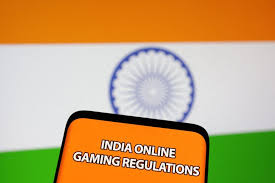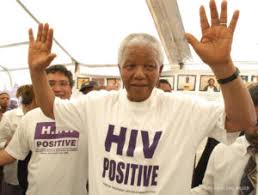Russia has restricted voice and video calls on the popular messaging apps WhatsApp and Telegram, accusing the platforms of failing to cooperate with law enforcement and being used for fraud, sabotage, and terrorism.
The new restrictions affect tens of millions of Russians. According to media monitoring service Mediascope, WhatsApp has around 96 million monthly users in Russia, while Telegram has over 89 million.
Russia’s media regulator Roskomnadzor announced the ban on Wednesday, saying the apps were being misused.
“Foreign messengers Telegram and WhatsApp have become the main voice services used to deceive and extort money, and to involve Russian citizens in sabotage and terrorist activities,” the statement read.
Officials said the platforms failed to respond to requests to give authorities access to user data or take action against illegal content. The regulator warned that services will only be restored if the apps begin complying with Russian laws.
While only voice calls were officially restricted, Russian users have also reported disruptions to video calls.
Since launching a full-scale invasion of Ukraine in 2022, Russia has increased control over its digital space.
Authorities regularly accuse Ukraine of using platforms like Telegram to recruit operatives, spread information, or coordinate sabotage inside Russian territory.
Last month, Russia passed a new law making it a crime to search for banned content online. The government is also preparing to roll out a state-run messaging app, called Max, raising concerns over digital surveillance and data privacy.
In response, WhatsApp said the move is part of Russia’s attempt to suppress private and secure communication.
“WhatsApp defies government attempts to violate people’s right to secure communication, which is why Russia is trying to block it from over 100 million Russian people,” a spokesperson said.
Telegram, created by Russian tech entrepreneur Pavel Durov, stated that it actively removes harmful content. The company told AFP that it removes “millions of pieces of harmful content every day” and denies promoting criminal activity.
Despite this, both platforms have long faced criticism in Russia and abroad for being used to spread misinformation, coordinate illegal activity, and allow anonymity to dangerous groups.
Critics of the Russian government say this move is part of a broader effort to censor the internet, limit freedom of speech, and monitor citizens. The introduction of a homegrown app, which authorities can fully control, is seen by many as a serious threat to digital rights.
Why This Matters
WhatsApp and Telegram are two of the most widely used communication tools in Russia.
Russia has increasingly cracked down on independent media, NGOs, and foreign platforms since the war in Ukraine began.
The ban may further isolate Russian citizens from uncensored news, global communication, and secure conversations.



